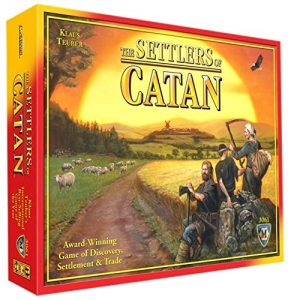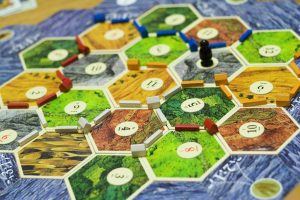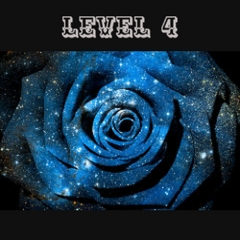Click here for PDF version of the text.
Overall, I think I did gain a better understanding of both what city-building games are (or the components that go into them), and the different pedagogical uses for them. Helping to design a presentation on city-building games helped my learning process by giving me a more in-depth analysis of the text. During the other weeks, I would read and take notes the same way I did for this, but my focus was on analyzing the text in order to answer the questions that had been posed to the class. This project allowed us to start from scratch in terms of where our analysis went. Overall, this was a benefit to my learning, but it also led to a couple of drawbacks. First, in trying to create cohesion, we initially limited ourselves in terms of what we could ask our classmates. This led to the second issue, which was that we focused in on one aspect of the articles we found most relevant – and that was the concept of civic engagement. I think this appealed to us initially because it was applicable to most, if not all, of the different teaching contexts represented in our class. When we pulled back from that specific aspect, I think we did so individually, rather than as a group, and I think broadening our analysis would have made applying it to class questions a bit easier. However, I think this ultimately worked in terms of my learning the concept. Had I taken that broader approach, it probably would have been easier to stick to what I already know, or to fit what I know into the parameters of city-building games, which would probably have skewed my questions and
 analysis off topic.
analysis off topic.
My slide had the Settlers of Catan questions. I chose Settlers of Catan for two reasons. First, I didn’t want to talk about SIMS. This seems a bit trivial, but the literature (including the articles that were not ultimately chosen) was dominated by references to SIMS and Civilization. I wanted to give the class another way of thinking about city-building games, and someone was already doing Pokemon Go, so Ingress (my original idea) would have been redundant. Secondly, Catan gave me the flexibility to ask about both board and digital gaming for the classroom. That was important to me, since I know that not everyone necessarily wants to focus on one or the other for their classes. Personally, I tend to lean toward digital gaming, so I wanted people from the non-digital side of the fence to have a say as well. I think everyone not only understood the concepts, but also had insightful perspectives to share. One of the surprises for me was that no one took a firm stance on digital vs. board game in terms of learner motivation. While I understood that motivation is based on individual learner context, I sort of assumed that that fact would be assumed, and that people would generalize on one side or the other. Instead, most gave examples of how both could be used. Kendal came out of nowhere with my favorite comment on how the digital Catan game could be beneficial due to space and time issues (the ability to be saved and returned to without setup). I enjoyed this feedback because it was something I had not considered in terms of why a teacher might be motivated to use a digital game. I may have thought about this point in abstract, but not in the concrete terms that he presented. The discussion stayed pretty focused on learner motivation, though Kendal and Hetu both broke in with other salient points late in the discussion. Overall, I was pleased with where the discussion went.
Specifying our roles is a bit tricky. From the outset, I would say that Laura and Bremen were tied as the “leaders” of the group, with Bremen pulling ahead just a bit. This presented a bit of a problem when he left, though, because our plan of attack was basically, “Everyone find a few articles, and we’ll talk about them before we decide on activities.” So, basically, we were all doing the same thing. And this only became apparent when we started sharing files, because we were finding a lot of the same articles. This left me feeling like I was not pulling my weight, because when I shared mine, at least one other person had beaten me to the punch – sometimes by an hour, sometimes by a day. This was the other reason I tried to think outside of the SIMS box for my slide – I wanted to make sure I was contributing something unique to the group. If I had to do this all over again, I think I would be a bit more assertive in the planning stage. Reflecting on how our team worked, I would suggest that everyone pick a topic they wanted to explore within city-building games, and  work around that in terms of articles. The overlap would probably still be there, but at least we would have been contributing our own content from an early stage. As a team, I think we got along well and all did our work, but I think the extent to which we agreed on the research led to a sort of stagnation at points.
work around that in terms of articles. The overlap would probably still be there, but at least we would have been contributing our own content from an early stage. As a team, I think we got along well and all did our work, but I think the extent to which we agreed on the research led to a sort of stagnation at points.
